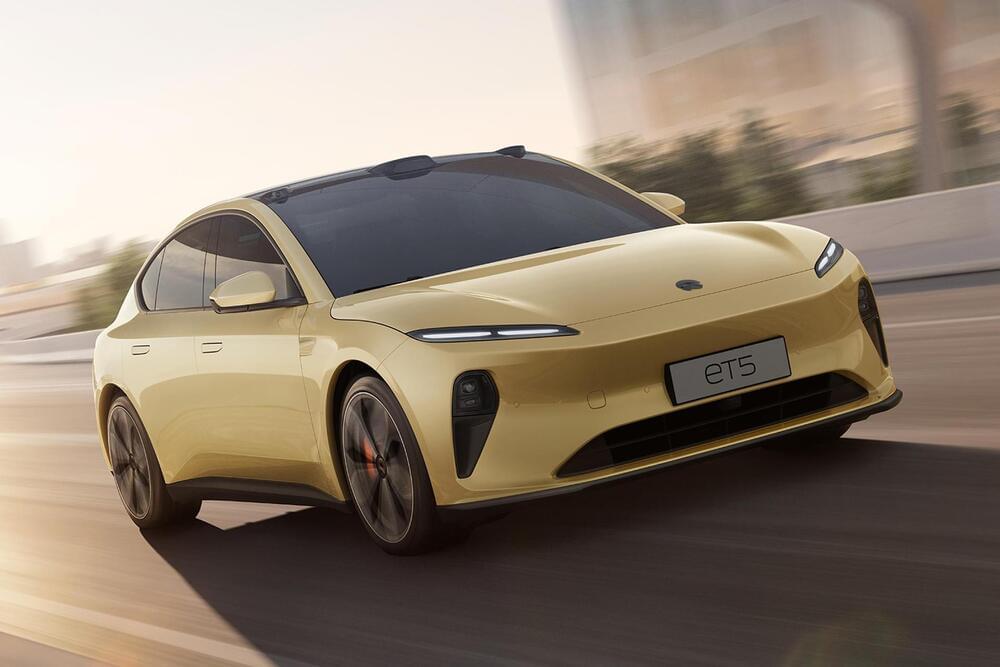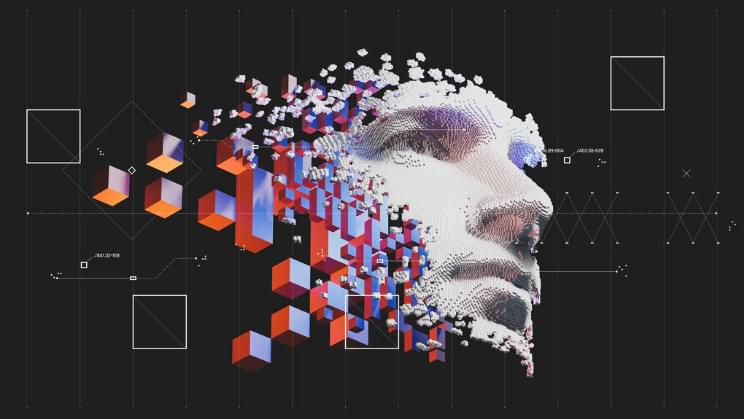Nio’s soon-to-arrive ET7 is practically tailor-made to challenge Tesla’s Model S, and now the company appears to have a (partial) answer to the Model 3. Electrek says Nio has introduced the ET5, a more affordable “mid-size” electric sedan. It starts at RMB 328,000 (about $51,450), or well under the roughly $70,000 of the ET7, but offers similarly grandiose range figures. Nio claims the base 75kWh battery offers over 341 miles of range using China’s test cycle, while the highest-end 150kWh “Ultralong Range” pack is supposedly good for more than 620 miles. You’ll likely pay significantly more for the privilege and may not see that range in real life, but the numbers could still tempt you away from higher-end Model 3s if long-distance driving is crucial.
You can expect the usual heapings of technology. The ET5 will have built-in support for autonomous driving features as they’re approved, and drivers get a “digital cockpit” thanks to Nreal-developed augmented reality glasses that can project a virtual screen equivalent to 201 inches at a 20-foot viewing distance. Nio has teamed with Nolo to make VR glasses, too, although it’s safe to say you won’t wear those while you’re driving.
Deliveries are expected to start September 2022. That’s a long way off, but Nio appears to be on track with its EV plans as it expects to deliver the ET7 on time (if only just) starting March 28th.






